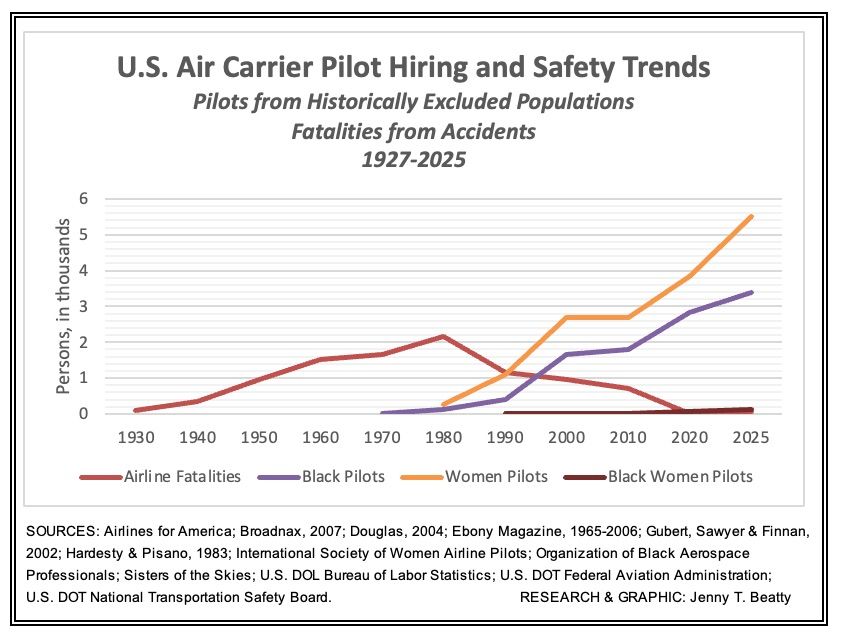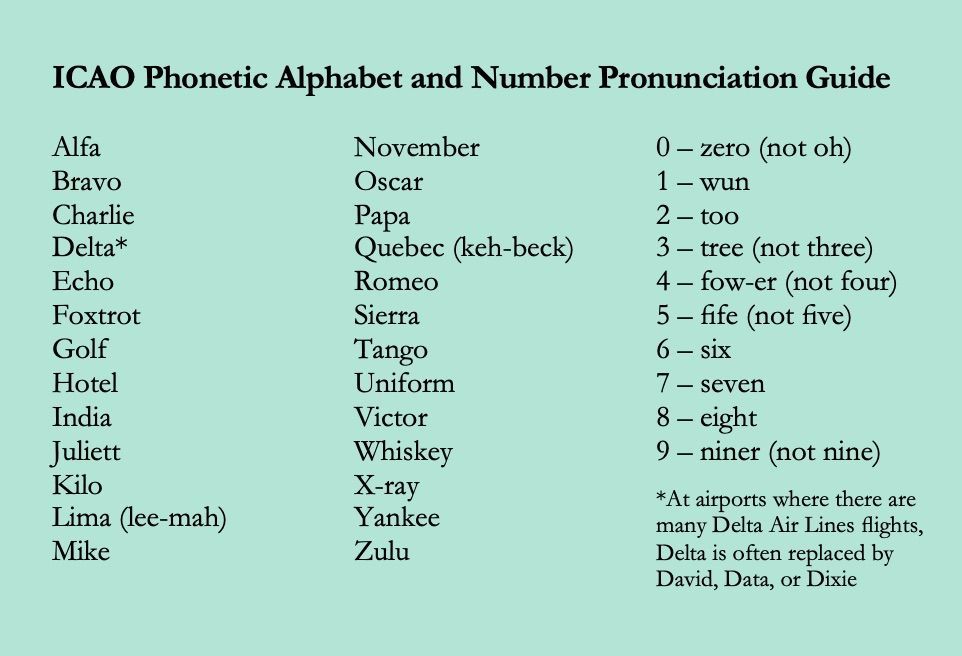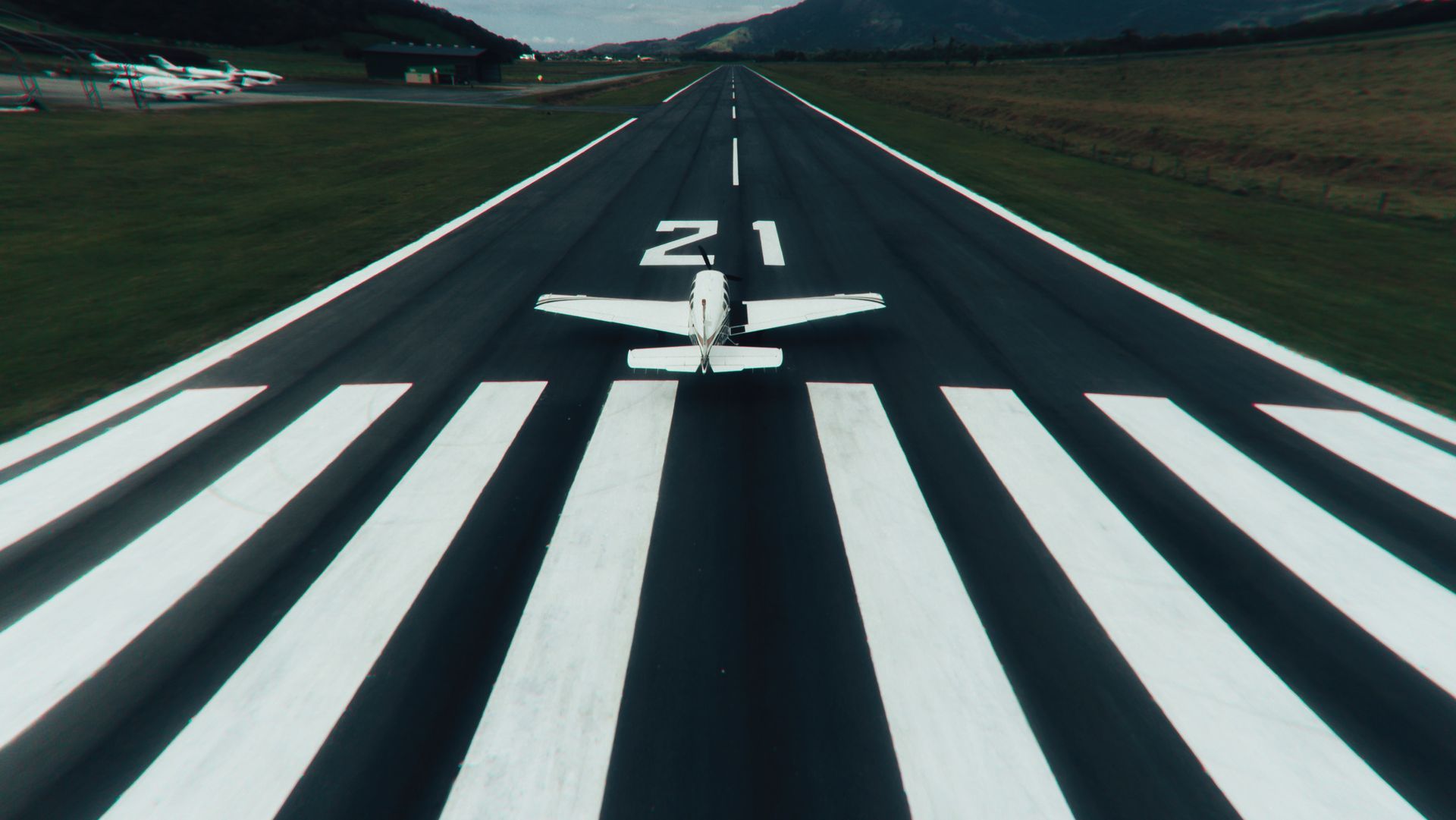5 Paths to an Airline Pilot Career
How and where to get flight training to become an airline pilot

First, some words of advice:
- Do your homework.
Go to original sources and reliable entities before making big life choices or spending big money. Start with
the FAA,
Airplane Owner and Pilots Association, and a professional aviation medical advisory service.
- Verify that you can hold the FAA Medical Certificate. Some current and past health conditions, diagnoses, and medications can cause delays or are disqualifying. The FAA's
FAQs or their
Guide for FAA Medical Examiners can answer many questions, or consider visiting an
FAA Aviation Medical Examiner for a consultation before submitting the application. And review my
10 FAQs article, to avoid intrusive, unnecessary examination of your private parts during the physical exam.
- Check your bank account and credit score. It can cost up to $100,000 to accomplish all the training and attain commercial pilot credentials. There are many aviation scholarships available to those who are diligent enough to seek them out. However, there are NO known programs offering free flight training or full-ride scholarships.
- Read the fine print on contracts, loans, and agreements. What is your obligation if you can't keep up with the timeline or complete flight training there?
- Watch out for naysayers, trolls, and harassers, especially if you belong to a community that has been historically excluded from aviation (i.e. if you’re not pale or male). Join affinity groups like The Ninety-Nines International Organization of Women Pilots and the Organization of Black Aerospace Professionals, and refer to the Halt Harassment in Aviation Checklist.
Here are 5 Paths to an Airline Pilot Career, with estimated cost:
#1 MILITARY
Pro: Top-notch structured flight training. College degree included. Preferred for airline hiring.
Con: Highly competitive. Lengthy commitment.
Cost: "Free".
- Active-duty service member of any branch, including Coast Guard (pilot slot not guaranteed)
- Air National Guard or Reserves (can apply for pilot position only)
- Reserve Officers' Training Corps (ROTC)
- Teens: Join the Civil Air Patrol or Junior ROTC for mentors and guides towards the above
#2 UNIVERSITY / COLLEGE with flight training program
Pro: Solid education and structured flight training. FAA-approved R-ATP programs. College degree preferred for airline hiring. Some scholarships.
Con: Acceptance to top-tier colleges can be competitive. Most are full-time programs. College is not for everyone.
Cost: See below.
Airlines have dropped the four-year college degree requirement, but college graduates are still preferred. Major in aviation and some curriculum is fixed for students enrolled in FAA-approved R-ATP programs. Outside of an R-ATP program, students can pursue any degree and major; regular ATP requirements apply. Most if not all college flight training programs are linked to airline pathway programs. Estimated total cost including tuition, flight training, and campus living:
- Community college or trade school, two-year college degree - up to $100,000
- Mid-ranked college, four-year college degree - up to $200,000
- Top-tier college, four-year college degree - up to $300,000
#3 AIRLINE CADET ACADEMY (ab initio flight training program)
Pro: Speed. Structured flight training program. Guaranteed priority consideration for hiring by associated airline. Availability of loans on favorable terms. Some scholarships.
Con: Highly competitive. Full-time program. Fast-paced; too fast for some, resulting in checkride failures. College education not included, but not required after acceptance into program.
Cost: $90-100,000
In recent years, U.S. airlines have created two pilot pipeline programs:
In the U.S. and around the world, the term “cadet” refers to a military officer trainee or candidate or student, and an “academy” is a school or college. With a couple of exceptions, an airline pilot pipeline program that calls itself a cadet academy is an airline-sponsored ab initio flight school that takes a cadet from "zero to hero", from zero hours through commercial pilot and flight instructor in a full-time year-long structured flight training program. Then the cadet gets priority consideration for a job as flight instructor at the cadet academy, at an airline affiliate, and later as pilot for the mainline airline. Favorable loan terms and some scholarships available. Only a few U.S. airlines have cadet academies. Examples: American Airlines AA Cadet Academy, Southwest Airlines Destination 225 Cadet Pathway, United Airlines Aviate Academy.
The other type of airline pipeline program does NOT include flight training. A pathway program, sometimes called a partnership or mentor program, is designed to attract potential pilots getting flight training at schools of their own choosing , i.e. through one of the other paths outlined in this article. In a pathway program, the airline offers incentives, mentoring, access to recruiters, and assistance, possibly including access to loans, tuition reimbursement, or a signing bonus. Almost every U.S. airline, large and small, has a pathway program. None offer full-ride scholarships.
#4 ACCELERATED FLIGHT SCHOOL
Pro: Speed. Structured flight training program. Low threshold for acceptance.
Con: Full-time program. Watch for predatory contracts (no refund if you don't finish?). Fast-paced; too fast for some, resulting in checkride failures.
Cost: $50-100,000
These are "zero to hero" programs that take someone from zero hours to commercial pilot and flight instructor in a full-time structured flight training program. Most are linked to airline pathway programs.
#5 FLIGHT SCHOOL AT NEARBY AIRPORT
Pro: Self-paced. Convenient. Low threshold for acceptance.
Con: Lack of availability of aircraft or instructor.
Cost: $50-100,000
ONE MORE: BUY YOUR OWN AIRPLANE
Pro: Fun! Self-paced. Convenient.
Con: Steep learning curve of aircraft ownership. Lack of availability of instructor.
Cost: Pricey, but can have good return on investment when selling aircraft.
Do pilots need a college degree? Read more here.
May your dreams take flight!
© 2022 Jenny Beatty. All Rights Reserved.
Photo credit: Rakicevic Nenad









